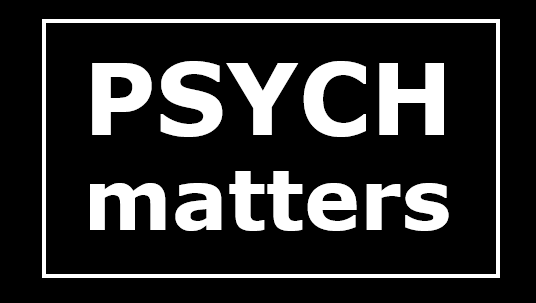ZipWhip: Get Your Text Messages on All of Your Devices
Want to receive text messages on all of your web-enabled devices? If you have an Android phone, install ZipWhip (free) on your smartphone, laptop, desktop, and Android tablet. Any time you get a text message, the message will appear on all of your devices. When I’m working at my computer, like now, my phone is who-knows-where. But when a text message comes in, I will get a pop-up on my computer screen showing me the text. It doesn’t matter on which device I read the text, ZipWhip will mark it read on all of my other devices. I can even reply from my computer. ItRead More →

